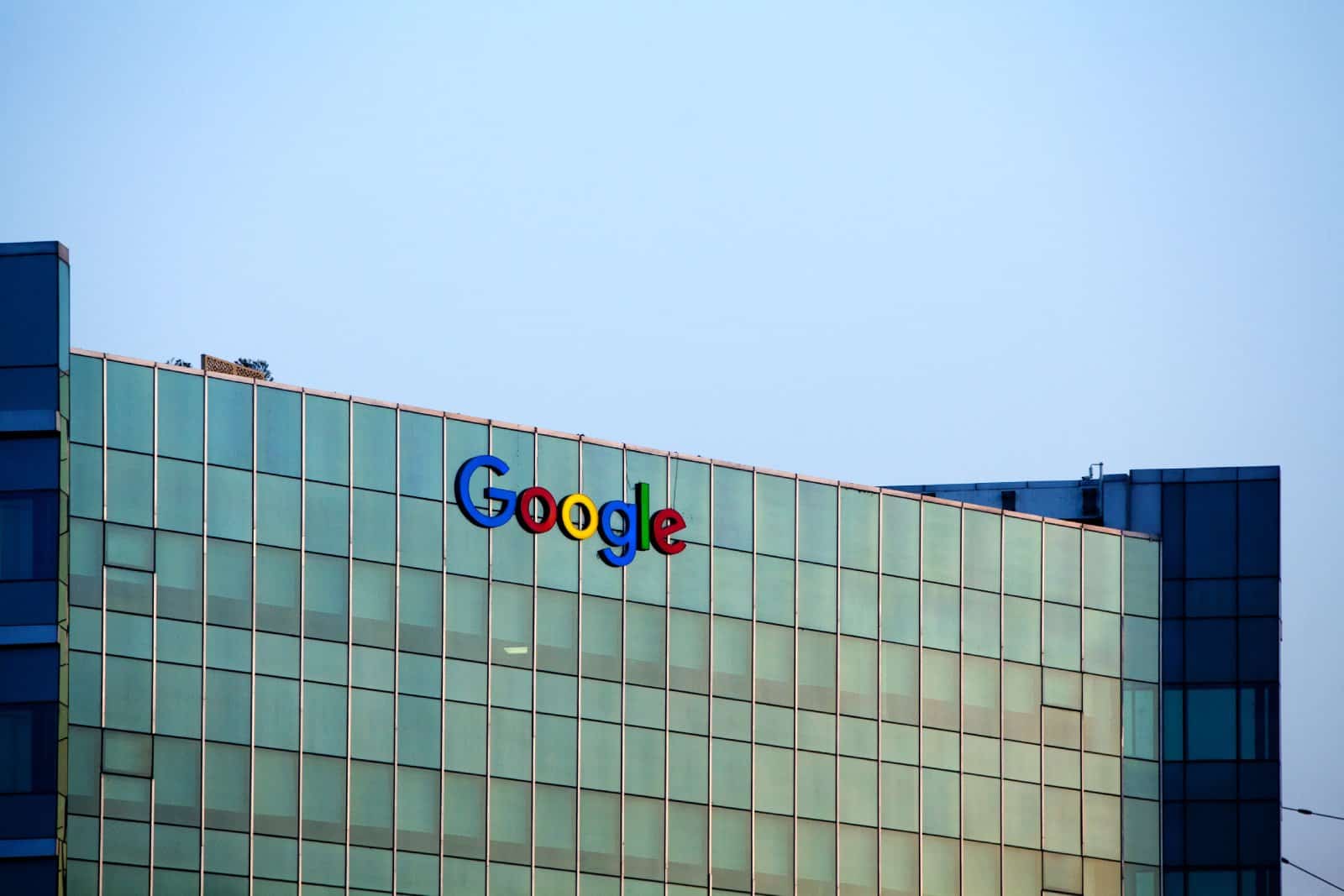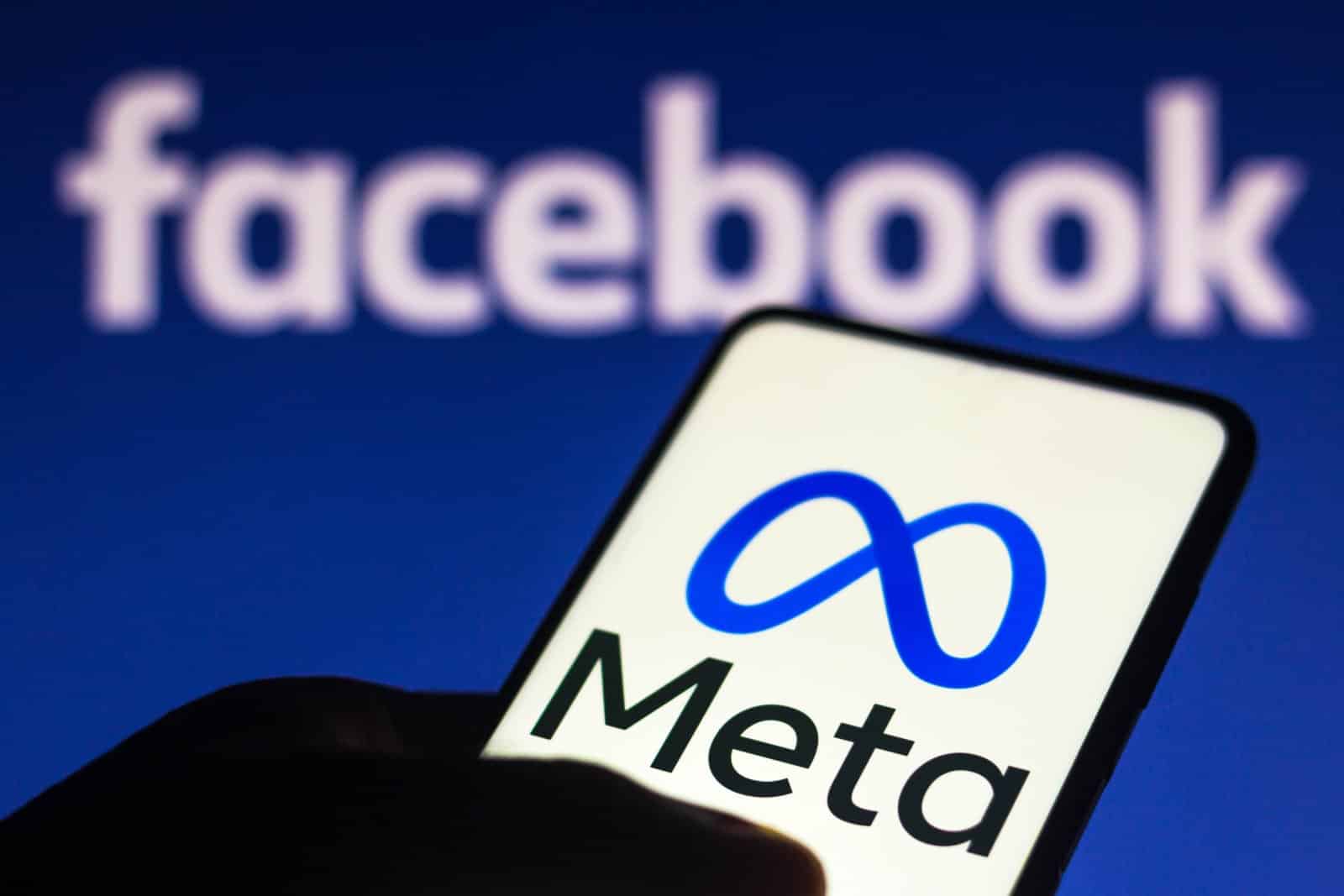Google has created new restrictions for its AI chatbot, Gemini, that prevent it from answering questions about major elections this year and bring further controversies to the company.
Gemini Restrictions

To prevent the spread of misinformation, Google has placed a global restriction on its AI chatbot, Gemini, so that it cannot answer questions about several major elections this year.
2 Billion Voters

This year may be the largest election year in history, with over two billion voters expected to participate in elections across more than 64 countries.
Google hopes its AI restriction will show its commitment to maintaining the integrity of these elections.
Major Concerns

With AI’s rapid development and increase in use over the last two years, there are major concerns about AI’s potential influence on democratic elections, so Google placed the ban as a precautionary measure.
An Abundance of Caution

Google’s India team stated on the company’s site, “Out of an abundance of caution on such an important topic, we have begun to roll out restrictions on the types of election-related queries for which Gemini will return responses.”
Election Integrity

Google is trying to avoid any potential missteps with its new AI technology in situations where misinformation could seriously impact the integrity of certain elections.
Gemini’s Responses

Now, Gemini’s response to election-related questions will focus on deflecting specific questions about specific political figures and election processes and advise users to use Google Search to find out more about elections
A Broader Strategy

Gemini’s new restrictions are part of Google’s broader strategy to limit AI’s ability to engage with politically sensitive content and bring about unintended consequences for the company.
The Gemini Controversy

The restrictions were announced due to concerns made over Gemini’s capabilities when it created controversial images that depicted people of color in historically inappropriate contexts that many found offensive.
Historical Inaccuracy

If you haven’t seen the pictures all ready, the image that brought Google the most criticism was when a user asked for a picture of a German soldier in World War 2 and generated a picture of an Asian woman in a Nazi Uniform.
A Public Apology

Due to the controversial images and backlack, Google had to then temporarily limit Gemini’s capabilities and issue a public apology that stated, “We Definitely messed up.”
Nuanced Restrictions

On top of the global restrictions, they have also implemented specific measure in certain countries where a more nuanced touch may be needed in avoiding further controveries.
India Wants More

India has even created specific directives for tech companies to obtain approval before allowing any AI tool to be released to the public to avoid any “unreliable” technology to be released.
A Wider Trend

Google’s new restrictions seem to be part of a wider effort throughout the industry as tech companies attempt to skirt the challenges presented by AI’s rapidly budding technology.
Meta Regulations

Meta Platforms have also created new measures to combat misinformation and the misuse of AI in upcoming elections like those for the European Parliment this June.
Officials Are Worried

In response to AI’s rapid advancements, security and government officials worldwide have spoken out about AI’s ability to worsen the problems of misinformation and foreign influence during elections.
Malign Influence

Former FBI director Christopher Wray said that AI’s advancements could make it easier for “less sophisticated foreign adversaries to engage in malign influence,” making it far more difficult for countries trying to limit the influence of foreign nations.
Creating Legislation

Due to these fears, government bodies are working on legislation capable of controlling the growth and development of AI in the hopes they can limit the potential damage such a powerful new technology is capable of.
The AI Act

Though it hasn’t been officially voted in yet, the EU parliament just passed the AI Act, which restricts the use of AI tools and functions within the European Union.
Finding the Balance

The collective efforts of government officials and major tech companies are attempting to find a delicate balance surrounding the use and capabilities of AI.
Still, given all the controversy surrounding each new development, it is clear that balance is yet to be found.
21 States Where Squatters Can Legally Claim Your Property

Discover how squatters’ rights, or adverse possession, are more than just legal jargon—they’re stories of unexpected twists in the world of real estate. From sunny California to the historical landscapes of Pennsylvania, here’s how these laws could turn the tables on homeowners and squatters alike. 21 States Where Squatters Can Legally Claim Your Property
14 Things That Are Banned in the U.S. but Totally Fine Elsewhere

Ever feel like America’s rulebook was written by someone with a dartboard? Across the pond or down under, things get even wackier. Let’s take a walk on the wild side of global “Do’s” that are definite “Don’ts” in the Land of the Free. 14 Things That Are Banned in the U.S. but Totally Fine Elsewhere
25 American States Nobody Wants to Visit Anymore

Across the United States, some states capture the hearts and itineraries of many, while others remain quietly on the sidelines, overshadowed or misunderstood. These 25 states, facing what you might call a popularity crisis, are brimming with hidden wonders, cultural riches, and natural beauty, awaiting those willing to look beyond the usual tourist trails. 25 American States Nobody Wants to Visit Anymore
20 Foods That Are Cheaper to Eat Out Than Making at Home

In a world where convenience often wins, certain culinary delights come with a lower price tag when enjoyed at a restaurant rather than crafted in your own kitchen. Here are twenty foods that might save you both time and money when indulged in at your favorite eatery. 20 Foods That Are Cheaper to Eat out Than Making at Home
17 Things You’re Paying For, but You Don’t Have To

In the land of the free, there’s a price tag on everything, but savvy Americans know better than to open their wallets for just anything. Here are 17 expenses you’ve been shelling out for without realizing there’s a cheaper or even free alternative. 17 Things You’re Paying For, but You Don’t Have To
The post Google’s AI Chatbot Silent Regarding Election Issues first appeared on From Frugal to Free.
Featured Image Credit: Shutterstock / dennizn.
The content of this article is for informational purposes only and does not constitute or replace professional financial advice.
